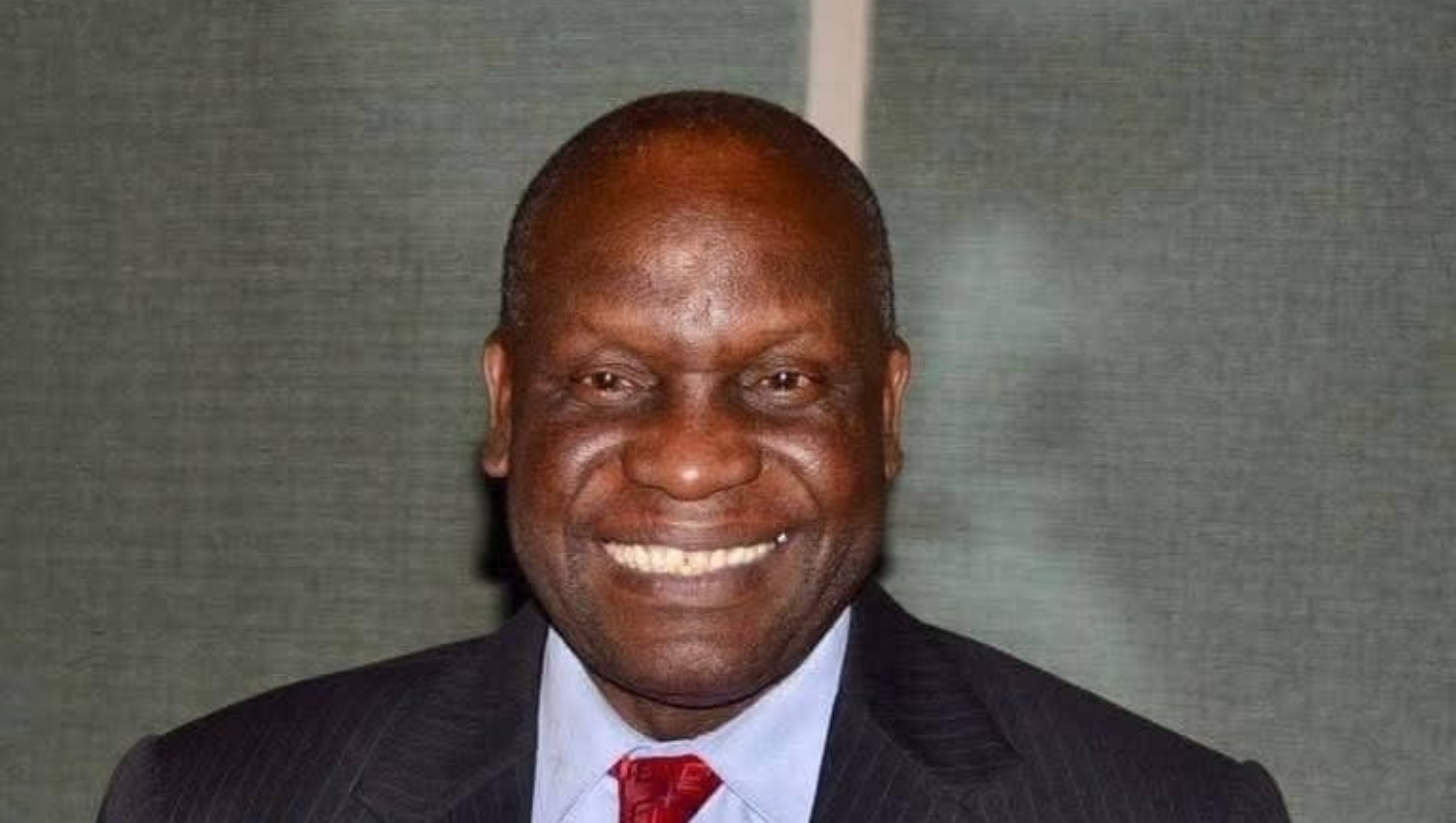The Zambia National Cyber Security Policy will ensure that effective mechanisms are put in place for a well-coordinated governance framework on cybersecurity thereby fostering the creation of a secure, reliable, and trustworthy cyber environment that increases confidence.
The Zambian Cabinet has approved the National Cyber Security Policy which is it says will ensure that effective mechanisms are put in place for a well-coordinated.
Speaking in a statement issued by Chief government spokesperson Dora Siliya, Cabinet approved the National Cyber Security Policy during its first meeting for the year.
Siliya explains that the National Cyber Security Policy will ensure that effective mechanisms are put in place for a well-coordinated governance framework on cybersecurity thereby fostering the creation of a secure, reliable, and trustworthy cyber environment that increases confidence. Additionally, the Policy will;
(a) assist in inculcating a culture of cybersecurity and protect victims against
cybercrimes;
(b) guide the mechanism of coordinating cybersecurity matters;
(c) develop high local technical skills in cybersecurity;
(d) provide for Child Online Protection;
(e) promote the responsible use of social media platforms; and
(f) facilitate identification, declaration and protection of national critical
infrastructure.
Government, through this Policy, will take responsibility of ensuring that the public sector, private sector, and civil society are not only aware of the dangers of cyberspace, but also that the respective sectors take necessary measures of securing themselves.
And MISA Zambia has applauded the policy but has cautioned against its abuse.
MISA Zambia Chairperson Hellen Mwale explains that the institution has no doubt that the contents of the policy will provide guidance on how to best to deal with online crimes such as identity theft, pornography, online bullying, human trafficking among other vices that are harmful to human rights and dignity.
However, MISA Zambia has warned against the abuse or misapplication of the National Cyber Security Policy to develop legislation that would hinder the enjoyment of fundamental freedoms by citizens in the country. Digital and other online platforms must be left open to allow citizens’ participation in governance issues.
Find below the statement issued by MISA Zambia;
PRESS STATEMENT
For Immediate Release
Friday 15th January 2021.
MISA ZAMBIA NODS NATIONAL CYBERSECURITY POLICY, WARNS AGAINST ITS ABUSE
LUSAKA – MISA Zambia has welcomed the approval of the National Cyber Security Policy by Zambia’s Cabinet during the first Cabinet meeting held virtually on Monday, 11th January 2021.
The National Cyber Security Policy is expected to ensure that effective mechanisms are put in place for a well-coordinated governance framework on cybersecurity thereby fostering the creation of a secure, reliable, trustworthy cyber environment that increases confidence.
MISA Zambia has no doubt that the contents of the policy will provide guidance on how to best to deal with online crimes such as identity theft, pornography, online bullying, human trafficking among other vices that are harmful to human rights and dignity.
Digital rights entail the ability of citizens to enjoy their rights to freedom of expression, association, assembly and access to information online without hindrance. Further digital rights demand data protection for online users and unnecessary surveillance from the state and those on whose platforms personal data is generated. We, therefore, urge the state to hasten the enactment of the Data Protection Bill. The need to protect citizens’ information generated online is vital for their security and safety, including the right to privacy.
However, MISA Zambia would like to warn against the abuse or misapplication of the National Cyber Security Policy to develop legislation that would hinder the enjoyment of fundamental freedoms by citizens in the country. Digital and other online platforms must be left open to allow citizens’ participation in governance issues.
Online spaces such as Facebook, Twitter and other social media platforms have provided avenues for citizen’s participation in the governance of the country. The Policy must then be used to develop legislation that strengthens citizen participation to enable them to hold duty bearers accountable and participate in the governance of their country.
Needless to say, all policy must be developed with the full participation of the stakeholders, least their contents would be void of citizens’ aspirations and will.
Digital rights have the ability to propel development that addresses the real needs of the Zambian people while on the other hand, it shall promote good governance. Further on, Zambia’s democracy will be both protected and enhanced because free expression and access to information are the lifeblood of democracy.
Issued by
Hellen Mwale – Chairperson – MISA Zambia
About MISA
The Media Institute of Southern Africa (MISA) was founded in 1992. Its work focuses on promoting, and advocating for, the unhindered enjoyment of freedom of expression, access to information and a free, independent, diverse and pluralistic media.









